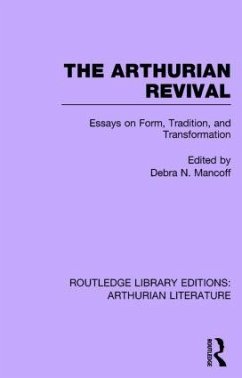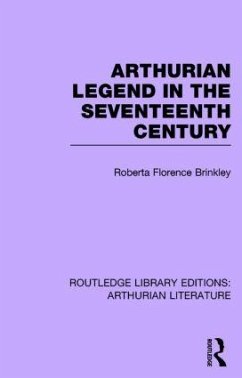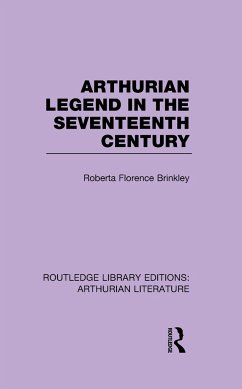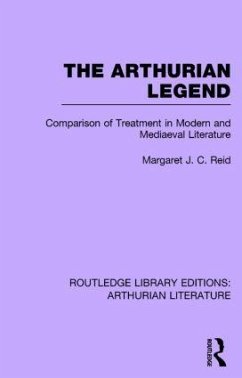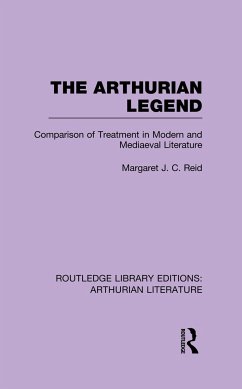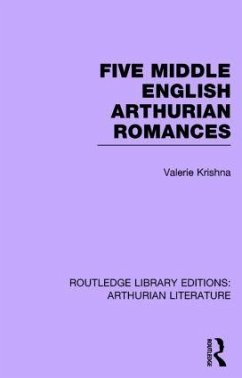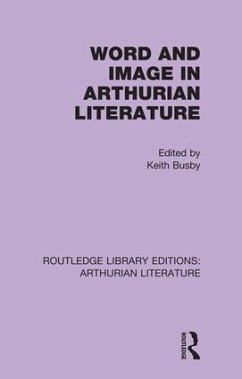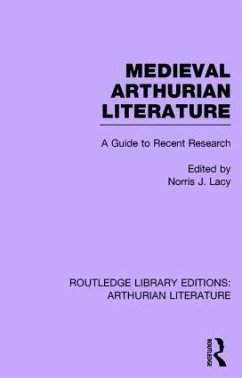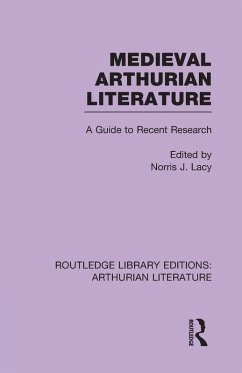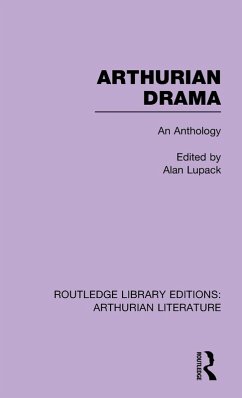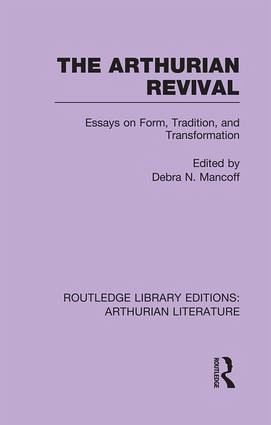
The Arthurian Revival
Essays on Form, Tradition, and Transformation
Herausgeber: Mancoff, Debra
Versandkostenfrei!
Versandfertig in 1-2 Wochen
42,99 €
inkl. MwSt.
Weitere Ausgaben:

PAYBACK Punkte
21 °P sammeln!
Discrete inquiries into 15 forms of the Arthurian legends produced over the last century explore how they have altered the tradition. They consider works from the US and Europe, and those aimed at popular and elite audiences. The overall conclusion is that the "Arthurian revival" is an ongoing event, and has become multivalent, multinational, and multimedia. Originally published in 1992.





